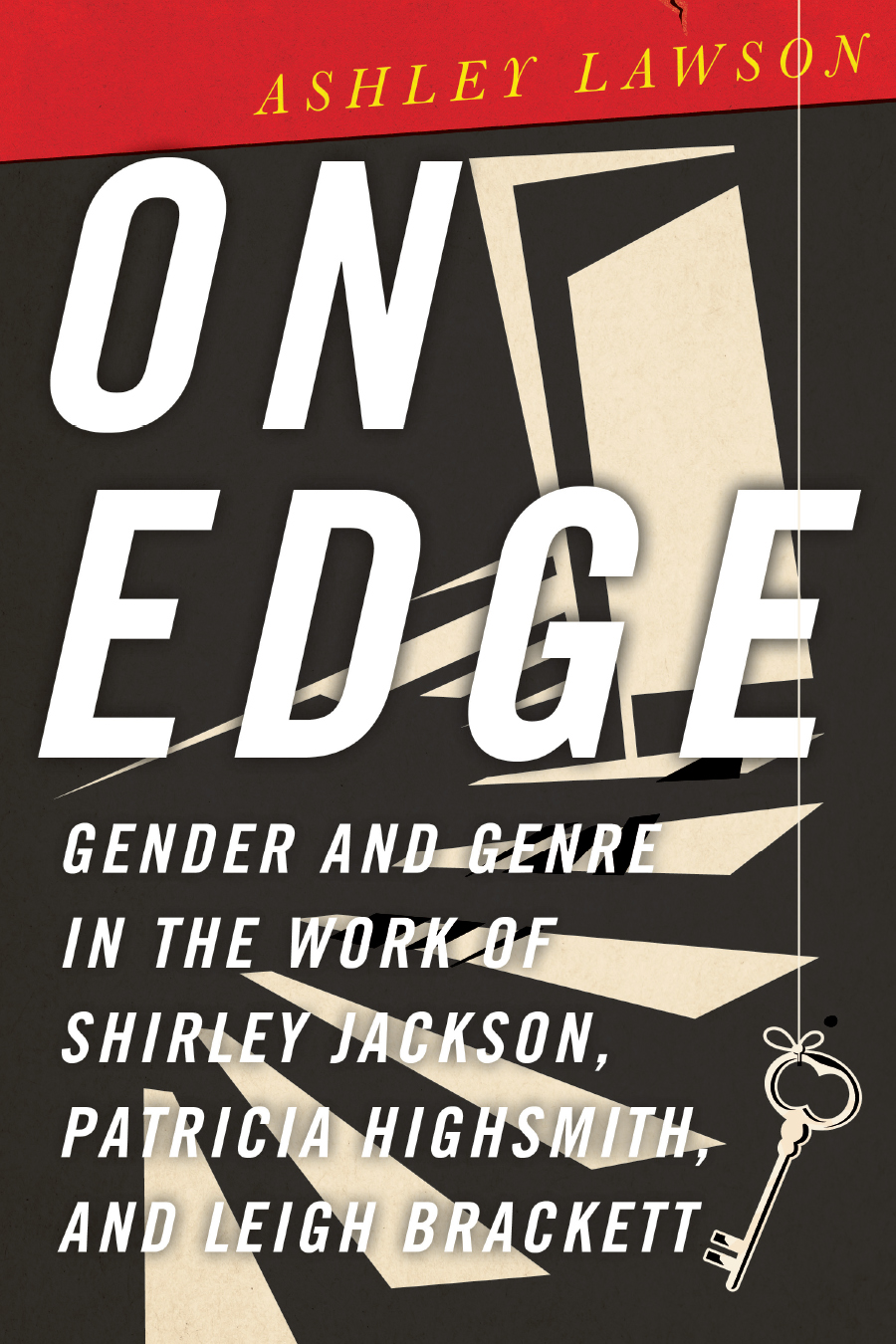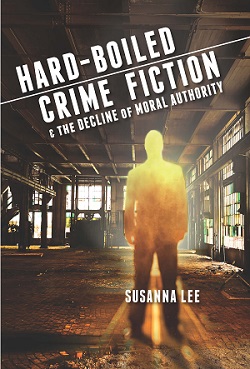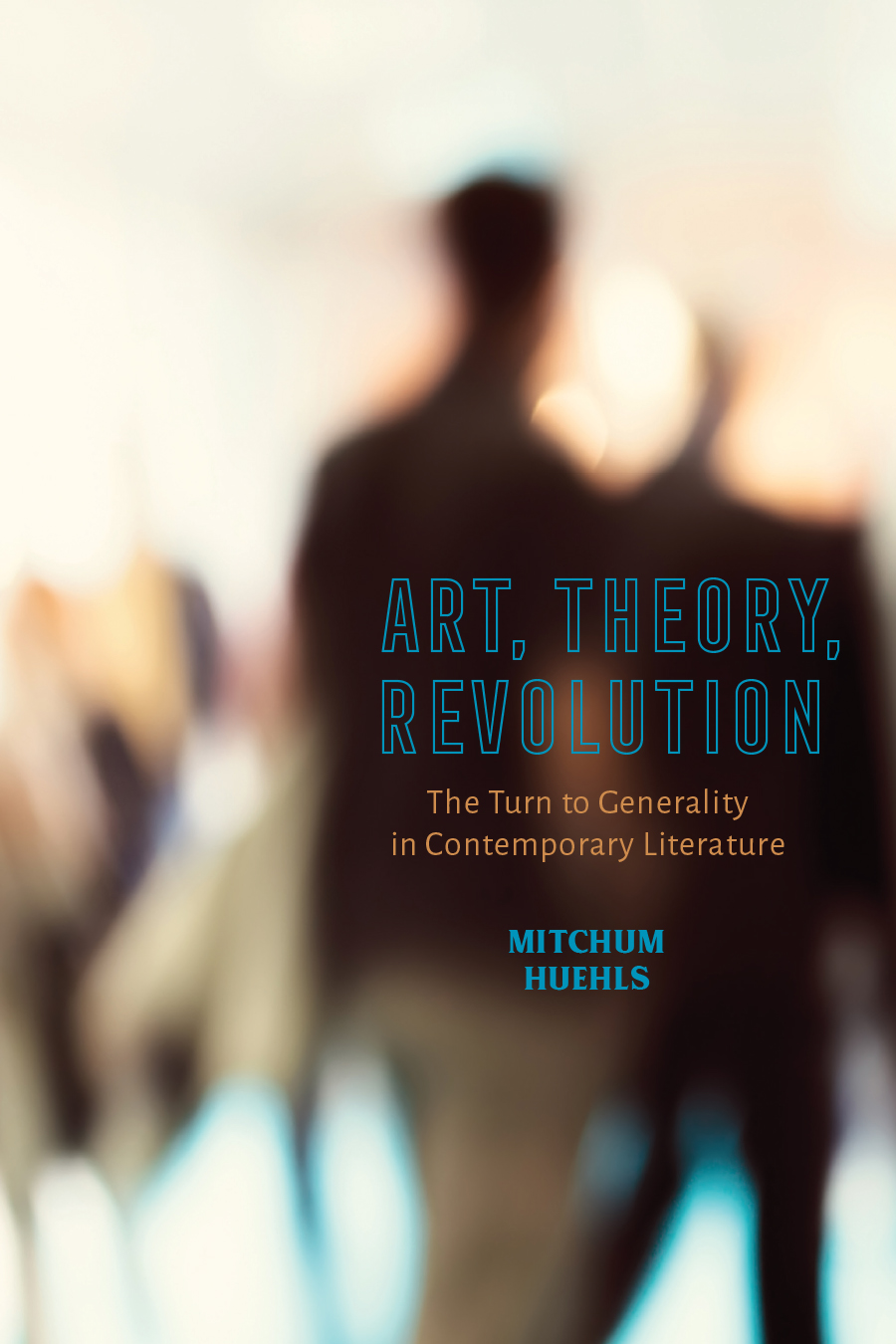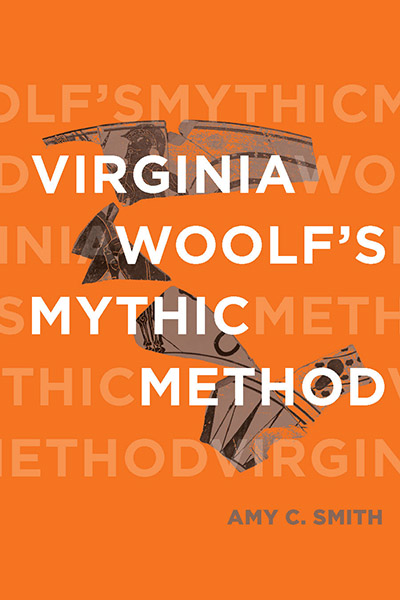Nominated for the 2025 Macavity Awards, Best Mystery-related Nonfiction/Critical
Nominated for the Bouchercon New Orleans 2025 Anthony Awards, Best Critical/Non-Fiction
Honorable Mention, Popular Culture Association Emily Toth Award For Best Single Work In Women’s Studies
Nominated for the Mystery Writers of America’s 2025 Edgar Awards, Best Critical/Biographical
On Edge reviewed on the StarShipSofa podcast (review starts at 21:30)
Read an excerpt of On Edge on CrimeReads
Read a blog post by Ashley Lawson for the International Crime Fiction Association
“Lawson is unique for exploring commonalities among three postwar American women typically separated by genre....Lawson’s book is particularly valuable for treating Brackett at length, not only her sci-fi subgenres but also the crime fiction that strengthens her ties with Jackson and Highsmith. Summing Up: Recommended. Advanced undergraduates through faculty.” —J. W. Hall, CHOICE
“[An] illuminating study....On Edge aptly balances in-depth analysis with a big-picture view....This book serves as an exemplary model for considering the ‘popular’ and the ‘literary’ as neither indistinct nor fully severed, but inextricably linked and mutually influential.” —Emily Banks, Studies in the Novel
“Lawson’s argument is largely convincing and is an excellent example of modern literary scholarship that showcases not only the three authors in a new and interesting light, but also manages to make readers rethink the entirety of post-war publishing before they even finish the introduction....On Edge is a valuable contribution in multiple areas of literary scholarship.” —Aurora Wall, Rocky Mountain Review
“A uniquely structured book, On Edge shows each of the writers as multi-faceted, their talent lying precisely in their willingness to understand and deploy genre conventions and to navigate a shifting commercial context. In particular, Lawson's reading of each of the three authors as science fiction writers is a refreshing non-elitist move.” —John A. Riley, Journal of Popular Culture
Ashley Lawson’s On Edge presents a new picture of postwar American literature, arguing that biases against genre fiction have unfairly disadvantaged the legacies of authors like Shirley Jackson, Patricia Highsmith, and Leigh Brackett. Each of these authors deftly navigated a male-dominated postwar publishing world without compromising their values. Their category-defying treatment of both gender roles and genre classifications created a thematic suspense in their work that spoke to the tension of an age saturated with nervousness stemming from quotidian fears and from the prospect of nuclear annihilation. Lawson engages with foundational voices in American literature, genre theory, and feminism to argue that, by merging the dominant mode of literary realism with fantastical or heightened elements, Brackett, Jackson, and Highsmith were able to respond to the big questions of their era with startling and unnerving answers that perfectly illustrate the feelings of suspense that defined the “Age of Anxiety.” By elevating genre play to a marker of literary skill, Lawson contends, we can secure for these writers a more prominent place within the canon of midcentury American literature, as well as open the door for the recovery of their similarly innovative peers.
Ashley Lawson is Associate Professor of English at West Virginia Wesleyan College. Her research centers on twentieth-century American literature and women’s creativity. She has published essays on Zelda Fitzgerald, Dawn Powell, Shirley Jackson, Sara Haardt, and Estelle Faulkner. In addition to these specialties, her teaching interests include Iranian and Japanese women writers, femmes fatales, and the American gothic.
Contents
Acknowledgments
Introduction
Chapter 1 Gender and Genre: Breaking Boundaries
Chapter 2 Brackett’s Genre-Perfect/Genre-Bending Crime Fiction
Chapter 3 Conflicted Perspectives in Jackson’s and Highsmith’s Crime Fiction
Chapter 4 The Alien among Us: Expanding Reality in Speculative Fiction
Chapter 5 Gothic Subjectivity in Jackson and Highsmith
Chapter 6 Dystopian Visions of Community in Pre- and Post-Apocalyptic Fiction
Chapter 7 Housebound: Domestic Realism and Women’s Magazines
Afterword
Works Cited
Index
“Lawson compellingly reassesses the importance of ‘low’ literary forms such as woman-authored gothic, suspense, and science fiction, arguing for gender as its own meaningful genre and illustrating the ways that these authors answered serious intellectual questions—and leave a memorable literary legacy.” —Jacqueline Foertsch, author of Freedom’s Ring: Literatures of Liberation from Civil Rights to the Second Wave
“On Edge is exactly what scholarship should be. Lawson convincingly unpacks the biases of gender and genre at midcentury and proves that Jackson, Highsmith, and Brackett experimented with, and at times subversively transformed, popular genres. She reveals to readers the undercurrent of feminist concerns in genres more often remembered for the stifling of such concerns.” —Margaret Reid, author of Cultural Secrets as Narrative Form: Storytelling in Nineteenth-Century America





